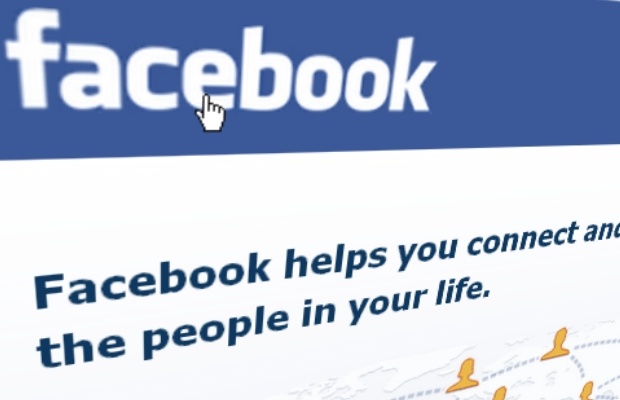Facebook offers up more downloadable user data

Facebook users can now download more information about themselves from the site than before, after the social network instituted changes ordered by the Irish data protection commissioner.
The Irish DPC requested the changes in December, saying they were needed for Facebook to comply with EU data protection law. That request followed an investigation prompted by complaints from a pressure group called 'Europe v Facebook'.

Facebook users will now be able to download more information about themselves from the site, after the social network bowed to a request from the Irish data protection commissioner. Image credit: CNET UK
"First introduced in 2010, Download Your Information lets you get a copy of what you've shared on Facebook, such as photos, posts, messages, a list of friends and chat conversations. Now you can access additional categories of information, including previous names, friend requests you've made and IP addresses you logged in from."
Other information made downloadable for the first time includes mobile numbers associated with the account, names of listed family members, relationship names and statuses, and details of responses to event requests.
Europe v Facebook, which complained last week that Facebook was dragging its heels over implementing the DPC's recommendations, has responded by saying the company is still not revealing all the information it needs to under EU law.
"With the changes Facebook will only offer access to 39 data categories, while it is holding at least 84 such data categories about every user," the group, led by a small band of Austrian law students, said in a statement. "Even when we asked for our data in the summer of 2011 we received already 57 data categories."
The group explained that Facebook was still not, for example, providing users who ask with data on aspects of their web-surfing history. The company tracks users' visits to all sites that have Facebook 'like' buttons on them, whether or not the user clicks on that button, and stores that information for 90 days in a way that is linked to the user's profile.
This tracking behaviour has already caused Facebook trouble in the past, with the German state of Schleswig-Holstein having banned all institutions in that state from using 'like' buttons on their webpages.